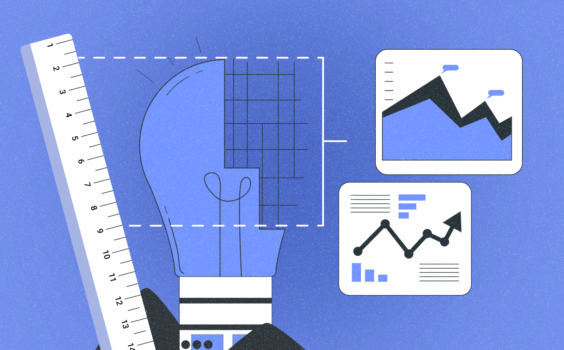Saving Tips During the Great Inflation
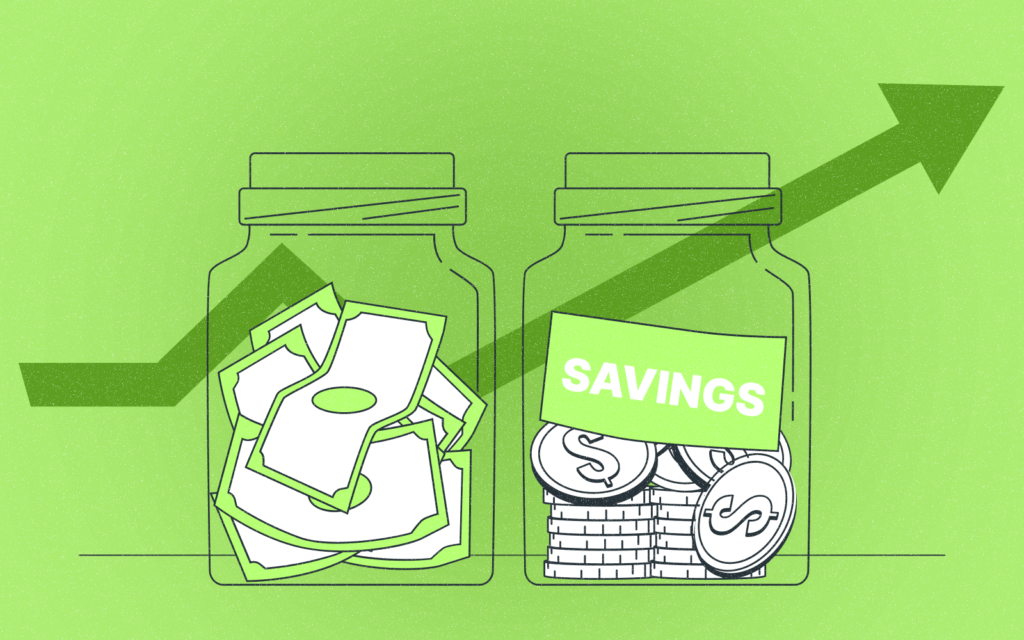

In these tough economic times, having a savings plan is more important than ever. Even if your salary doesn’t increase or your expenses continue to rise, saving money can help you weather the storm.
This blog post will share 24 easy tips to help you save money and prepare for hard times. From changing your spending habits to building an emergency fund, these tips are easy to follow and will significantly impact your wallet in the long run.
So go ahead – start saving today!
Inflation brief definition
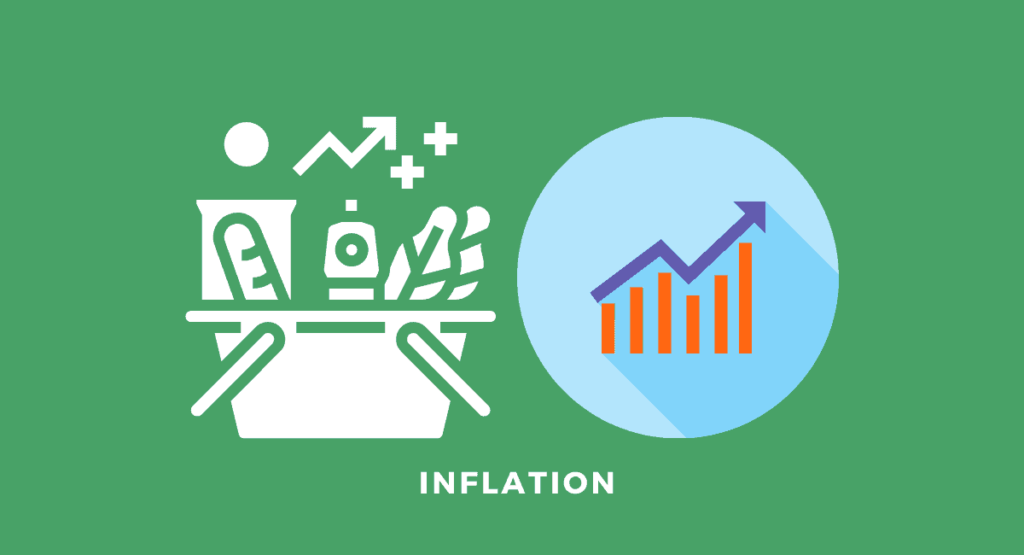
Inflation is a general rise in prices, especially over a period of time. Inflation can make everyday expenses more expensive and impact the ability to afford desired goods and services. It’s usually measured as a percentage and refers to the cost of goods and services going up faster than the rate at which wages increase.
When it comes to your financial well-being, you need to be aware of inflation. The main reason is that inflation erodes your purchasing power, leading to problems like less money available in your savings account or an increased debt burden.
You can try and avoid or at least reduce the impact of inflation by:
- Stick to a budget: Set aside a fixed monthly amount for groceries, bills, Etc., and don’t spend more than that. By this, you avoid unnecessary spending on items that may increase over time.
- Stay informed: Keep track of price changes to decide where and how to spend your money. You’ll be able to avoid overspending on items that may not be as important yet still experience a price increase.
- Save regularly: Make sure you’re putting aside enough money each month to have enough room should prices rise unexpectedly. This way, even if prices do go up, you’ll still have
Why save money?

“Saving money won’t make you rich. Investing money will make you rich.” Investing Swede.
The economy is tough, and so are our wallets. It’s time to start saving money, starting with understanding where your money goes each month.
Once you understand how much you’re spending, it’s time to start cutting down. Here are tips on to save money:
- Reduce your food bill by cooking at home more often and shopping for cheaper groceries.
- Cut down on entertainment expenses by watching TV shows and movies online or skipping the theater altogether.
- Make smarter purchases by researching prices and checking the reviews first.
- Put together a budget and break it down into monthly categories to see where your money goes and develop savings goals accordingly. It’s important to remember that saving money isn’t rocket science. It just takes effort and organization.
The savings account is the best way to save because of its flexibility. The savings account allows you to save money separately from your checking account and get interested in it. By setting up an automatic transfer between the two accounts, you can ensure that all savings are getting interest and are being used for future expenses or goals in life.
Not only this, but by having a regular amount saved each month into a separate account, chances of saving more money increase greatly than those who do not have an automatic transferring system
The importance of saving money

Money is always tight during tough times, but there are ways to make it work. By sticking to a plan and making smart choices, you’ll be able to survive the hard times and reach your financial goals.
Some simple tips include using coupons, shopping at thrift stores, and setting realistic budget goals. You can also find many ways to save money – whether it’s by using online coupon codes, clipping coupons from newspapers, or using credit card cashback offers.
No matter what you do, staying positive and having a positive attitude are essential. With some effort, you’ll be on your way to financial independence in no time!
24 easy tips to help you save money
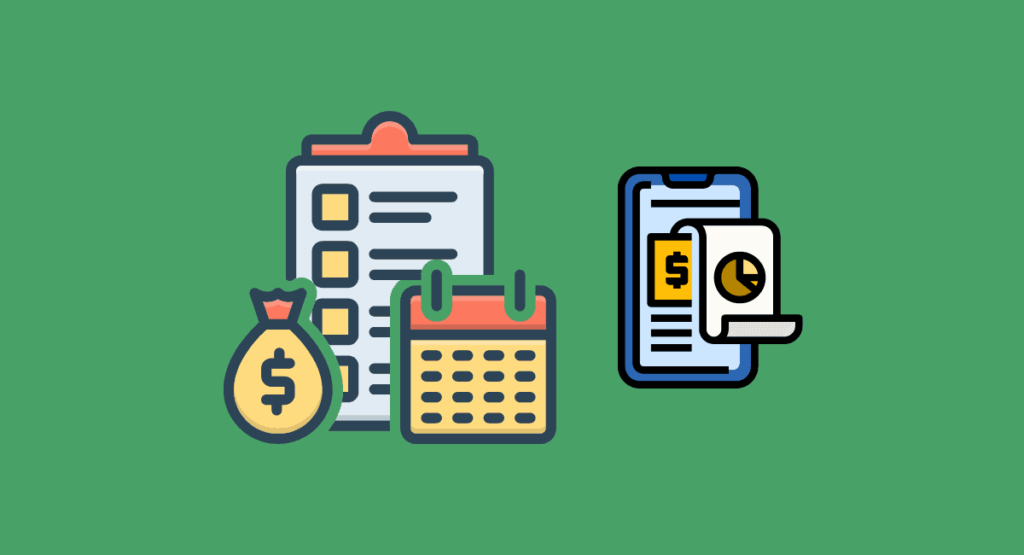
These money-saving tricks will help you survive the tough times by sticking to your budget, avoiding eating out, and bundling up your clothing purchases.
These are easy tips on saving money and putting your financial security back in order.
1. Cut entertainment premium subscriptions expenses by watching free entertainment or free streaming services like TV shows, youtube or skipping the theater altogether.
2. Make smarter purchases by researching prices and checking the reviews first.
3. Create a budget and break it down into monthly categories to see where your money goes and develop savings goals accordingly.
4. Put together a system for tracking your spending so you can stay on top of your finances every month!
5. Save money at the grocery store with these tips:
- Shop for cheaper groceries
- Opt for bulk purchases when possible. Buying in bulk quantities can save you money.
- Freeze or can leftovers to cut grocery costs in the future.
6. Equip your home with these cost-saving measures:
- Install a water heater that uses less energy
- An Energy Star certified model will help lower your monthly utility bills and carbon footprint.
- Insulate exterior surfaces, such as pipes and roofs, to reduce energy expenditures during winter.
7 . Limit big-ticket items. Buy for your needs, not what you want.
8. Consider using automatic bill pay services online to save even more on your monthly expenses.
9 . Use public transportation. It saves your monthly budget on car costs like gas and parking fees.
10 . Plan meals by utilizing a food diary or shopping list to track what’s been bought, where, and when.
11 . Get creative in the kitchen. Bake bread from scratch instead of buying packaged dough products, and make extra salad ingredients so they last longer.
12 . Take advantage of tax breaks and discounts businesses and government agencies offer to slash your costs even more.
13 . Pool resources with friends and family. Splitting bills, cooking dinner together once a week, or lending each other tools and appliances can help save money.

14 . Check your credit score. This will help you identify potential financial weaknesses and make necessary repairs or reforms.
15 . Plan ahead. Create a spending plan and save as much money as possible in each category, preferably by setting aside funds for irregular expenses like rent or car payments.
16 . Consolidate your debts into one low-interest loan. This will help you save money on paying interest and reduce the total debt payments overall.
17. Use a budgeting app like Mint or Piggybank to help track your spending, analyze your finances, and make better choices.
18. Stick to fixed-price contracts: When you can lock in a price for an item or service before it changes, you’re less likely to be affected by inflation. This is especially important if you frequently need to purchase large items or services that tend to be subject to price fluctuations.
19. Be prepared for spiraling prices: Don’t be surprised by sudden price hikes – adjust your budget accordingly. If something is becoming increasingly expensive, prepare for it by ensuring you have enough money saved up in case of an unexpected expense.
20. Shop around: When something becomes more expensive, don’t just stick with your usual supplier – look for alternatives that may offer better deals. There’s no harm in trying out new products or services if they fit within your budget restrictions.
21. Avoid debt: Too much debt can lead to increased borrowing costs, decreased credit ratings, and worse – a financial crisis. Ensure you are making payments equal to or larger than the interest rate.
22. Make smart investments: Investing money is one of the best ways to save over time, not only because it helps you build wealth but also because it earns dividends – even if those dividends come in small amounts at first.
23 . Shop around for car insurance rates: The cost of coverage can vary dramatically from state to state, so be sure to compare rates before you make a purchase.
24. Save for retirement: Planning for your retirement is one of the best ways to build wealth over time – if you start saving early enough. Make sure you have an effective savings plan, and don’t forget to contribute regularly to maximize your returns.
Keep track of your expenses and work on developing savings goals, so you can live a comfortable life without breaking the bank.
Get more out of your business
Get the best employee engagement content every week via mailing list
How much should you save each month from surviving the hard times?
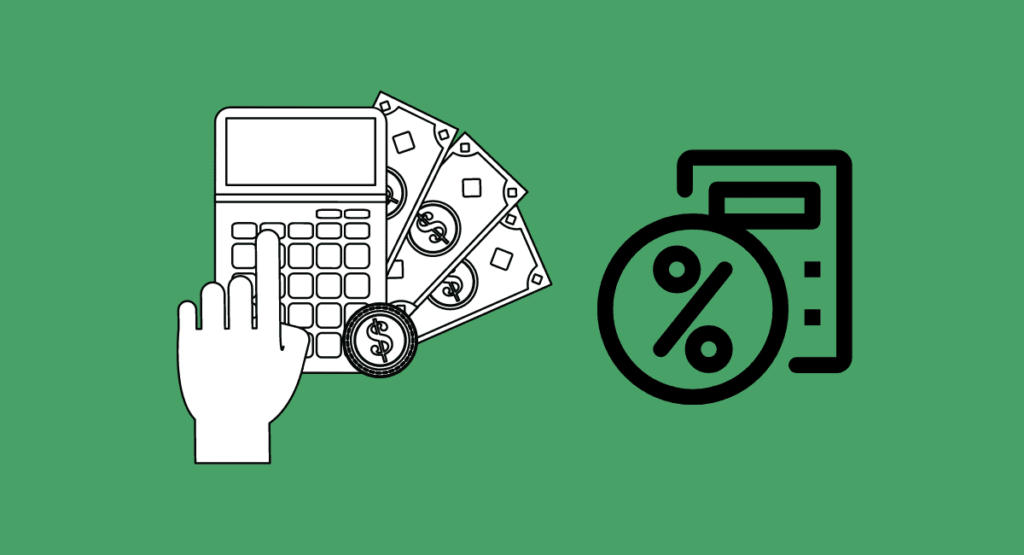
The hard times are here to stay and will take a toll on your bank account. Make sure you’re prepared by taking these 24 money-saving tips into account.
From paying your bills on time to cutting back on unnecessary expenses to developing a savings plan and setting goals, you’ll be on your way to a brighter future. Start small by saving just 10-20% of your income each month, and over time you’ll be able to save more and more.
Having a savings account will help you weather the hard times and maintain financial stability when times are tough.
Risks from the great inflation
The cost of living has been rising in recent months (the year 2022), and it’s set to continue doing so shortly.
Inflation is a phenomenon that happens when prices increase faster than the rate at which wages increase. The impact is that the real value of money decreases over time, which can have serious consequences for your finances.
Inflation is a real and serious threat to your financial stability, so it’s important to be aware of the risks. Here are four key things you need to know:
1. Inflation can affect your purchasing power. Inflation has an impact that reduces the value of money in circulation, which means that goods and services become more expensive. This can significantly impact your ability to buy items essential for living (like food or fuel) or save for retirement.
2. Inflation can erode your wealth. As prices increase faster than wages, investors may see their portfolios showing high inflation, leading to decreased returns and capital loss. This is why it’s important to monitor inflation rates, so you don’t get caught unawares.
3. Inflation can increase your debt. If the value of your debts remains unchanged while prices go up, you may end up owing more money over a long period than before. If this happens, paying off these debts on time could be difficult or impossible, potentially leading to serious financial problems.
4. Inflation can shrink your purchasing power. Most people will eventually see their purchasing power decrease if inflation rises faster than wage growth. This can lead to various financial challenges, including reduced access to essential goods and services, increased debt loads, and difficulty saving for the future.
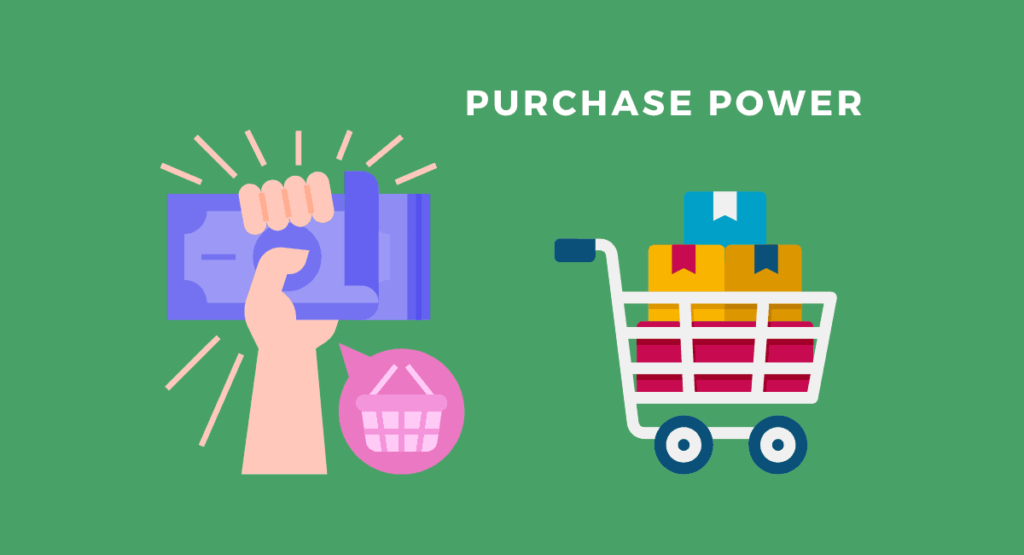
You can do to mitigate the risks of inflation by following these four tips:
1. Understand your spending. Take some time to track your spending over time to get an idea of where costs are going up more quickly than wages (this will help identify areas where you may be most vulnerable).
2. Make smart investment choices. Keep money flow in check by choosing investments that fluctuate less in price (like bonds or stock funds) and are likely to provide steadier income over time.
3. Build a buffer. Create savings buffers so you have some money available to cover unexpected costs or downturns in the economy. This can help protect your financial security in an emergency and also helps you plan for longer-term financial Goals like retirement savings.
4. Stay vigilant. Inflation rates can change quickly, so always monitor current conditions and be prepared for potential changes that could impact your wallets (for example, by taking steps to preserve wealth through smart investment choices).
Frequently Asked Questions
How can I cut down on my grocery bill without sacrificing taste?
You can save money by shopping at discount stores or grocery stores that sell certain food brands.
How can you lower my energy bills?
The strategy to lower energy bills, but some of the most common tips include using energy-saving light bulbs, upgrading insulation, and using a programmable thermostat.
What are the best ways to store and organize groceries?
There are many different ways to store and organize groceries. The most popular methods include:
- Using a pantry.
- Use an extra fridge or freezer.
- Using designated grocery storage containers.
- Using a shopping list.
Conclusion
The article has outlined 24 easy tips to help you save money and survive the hard times in great inflation. The tips help you be on your way to financial security in the future. So, don’t wait any longer and start saving money today!


